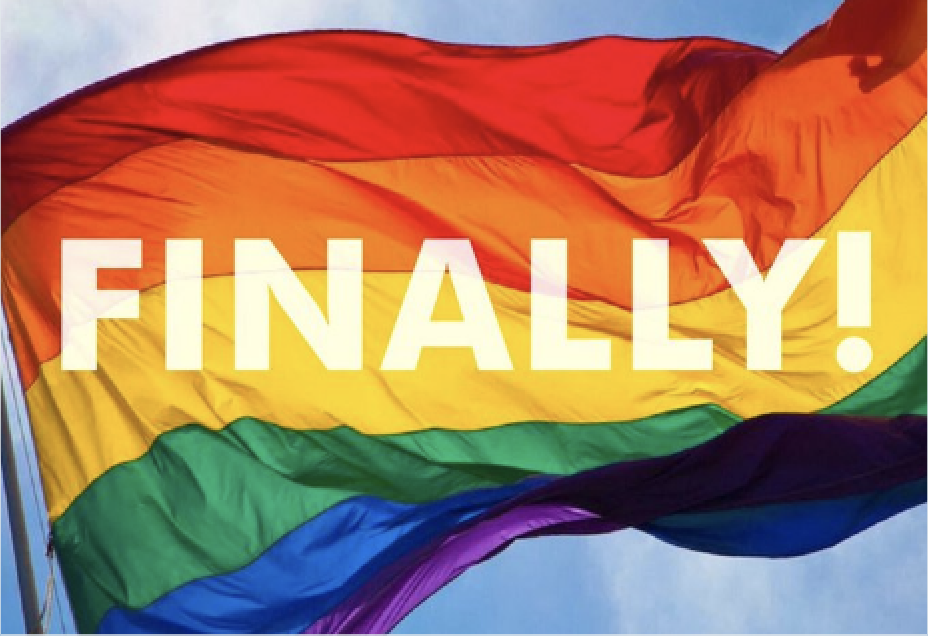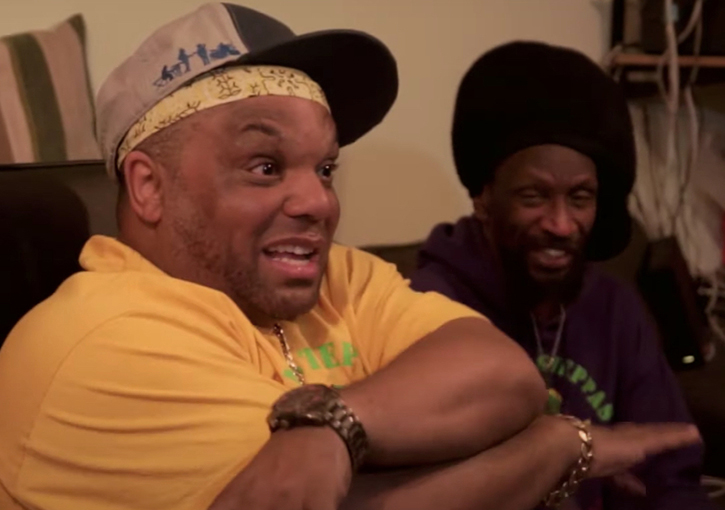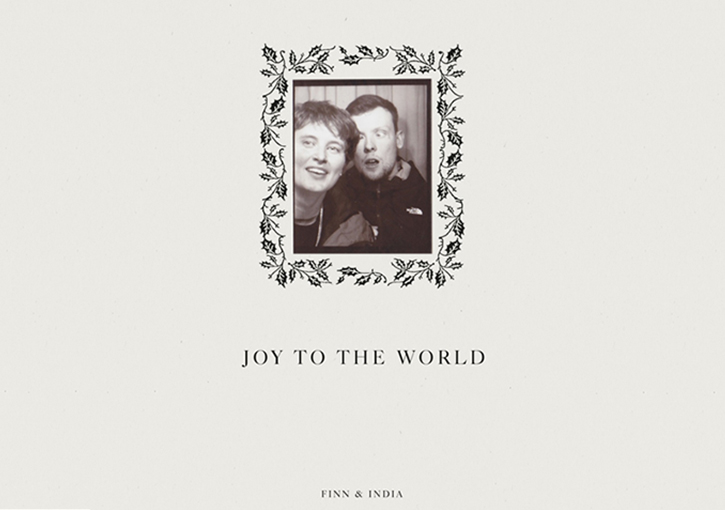In a historic decision, India’s Supreme Court has ruled that gay sex is no longer a criminal offense. The ruling overturns a 2013 judgement that upheld a colonial-era law, known as section 377, under which gay sex is categorised as an “unnatural offence”. The court has now ruled discrimination on the basis of sexual orientation is a fundamental violation of rights. Campaigners outside the court cheered and some broke down in tears as the ruling was handed down.
Although public opinion in India’s biggest cities has been in favour of scrapping the law, there remains strong opposition among religious groups and in conservative rural communities this ruling, from the top court, is the final say in the matter and represents a huge victory for India’s LGBT community. One activist outside the court “I hadn’t come out to my parents until now. But today, I guess I have.”
Thursday’s decision was delivered by a five-judge bench headed by India’s outgoing chief justice Dipak Misra and was unanimous.
Reading out the judgement, he said: “Criminalising carnal intercourse is irrational, arbitrary and manifestly unconstitutional.”
Another judge, Indu Malhotra, said she believed “history owes an apology” to LGBT people for ostracising them. Justice DY Chandrachud said the state had no right to control the private lives of LGBT community members and that the denial of the right to sexual orientation was the same as denying the right to privacy. The ruling effectively allows gay sex among consenting adults in private.
It is a 157-year-old colonial-era law which criminalises certain sexual acts as “unnatural offences” that are punishable by a 10-year jail term.
Even though it was rarely invoked when it involved consenting adults, section 377 could be – and was sometimes – used as a tool for harassment. It is not surprising then that campaigners are describing the verdict as a “new dawn for personal liberty”. But in a largely conservative India, where leaders of all religions have consistently opposed gay sex, it will still be a while before attitudes change and the community finds full acceptance. But laws almost always play an important role in changing mindsets, and by recognising the community’s right to love, the Supreme Court has restored the dignity denied to them for a very long time. Equal rights activists had argued that the very existence of such a law was proof of discrimination based on sexual orientation.
LGBT activist Harish Iyer : “I’m absolutely elated. It’s like a second freedom struggle where finally we have thrown a British law out of this country… I think the next step would be to get anti-discrimination laws in place, or anti-bullying laws.”
The governing BJP party has said it would leave the decision to the Supreme Court. However, one of its members said he was disappointed with the verdict. Subramanian Swamy, known for making provocative comments, said: “It could give rise to an increase in the number of HIV cases.”
Meanwhile, the main opposition Congress party has welcomed the ruling, saying they “hope this is the beginning of a more equal and inclusive society”. The UN has also welcomed the ruling, saying “sexual orientation and gender expression form an integral part of an individual’s identity the world over”.
The court said other aspects of section 377 dealing with unnatural sex with animals and children would remain in force. The judges also explicitly said that they only ruled on the constitutional validity of section 377 and were not looking at it in terms of other rights such as those related to marriage or inheritance. It remains too early to say what this will translate to in the longer term. Author and commentator Sandip Roy said that although the ruling was a cause for celebration, there were still hurdles to overcome, and a need for anti-discrimination laws.
“I think we would be foolish to think that this is the end of the fight,” he said.
Where is homosexuality illegal?
The 2017 report from the International Lesbian, Gay, Bisexual, Trans and Intersex Association (Ilga) lists 72 countries and territories where same-sex relationships are still criminalised, although that includes India before its latest ruling.
Most of them are in Africa, the Middle East and other parts of south Asia.
The report said homosexuality could still result in the death penalty in eight nations.





